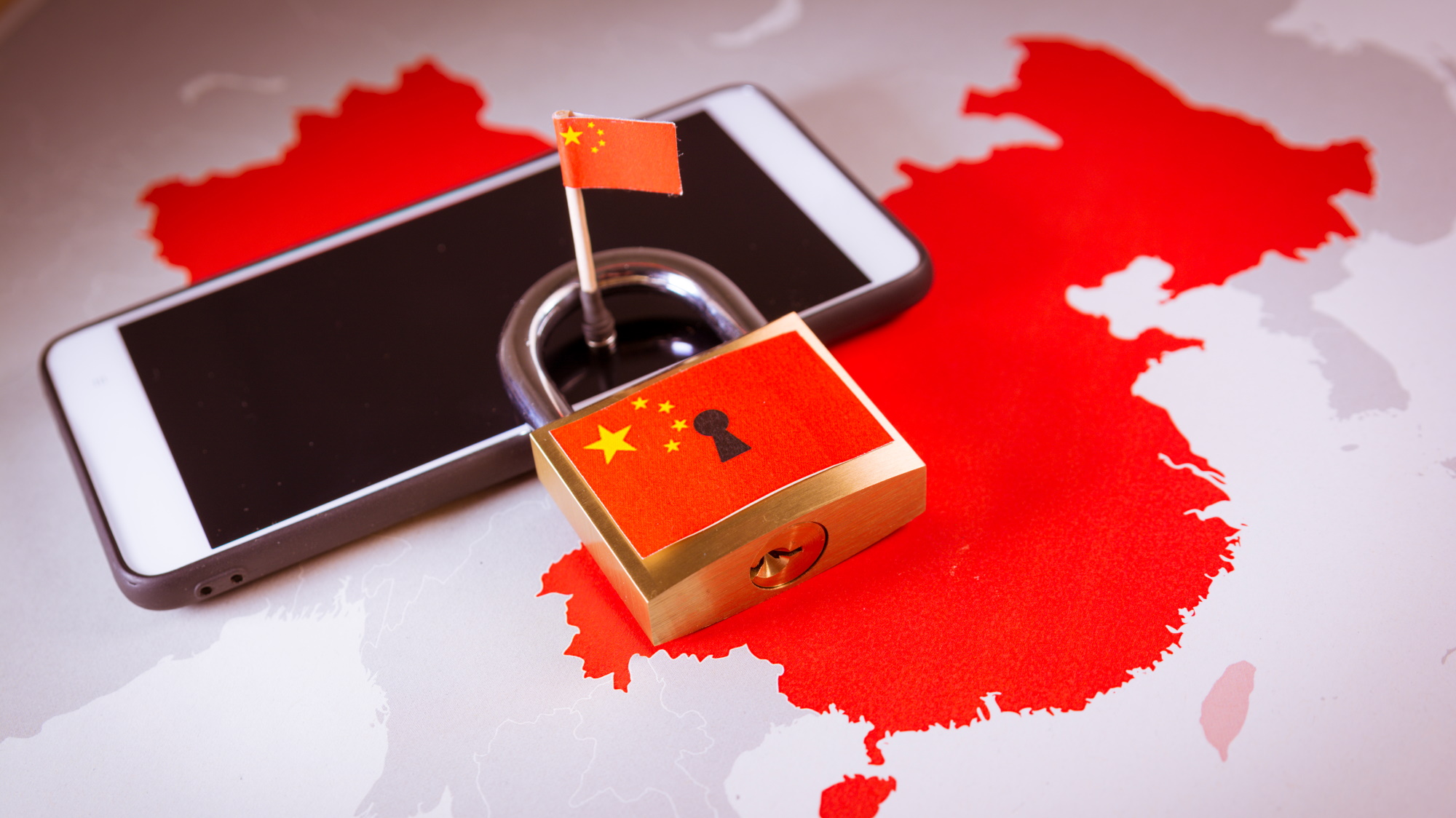Do VPNs work in China and are they illegal?
Can you get around restrictions and stay secure while in China by using a VPN? Yes, you can...and here's how


China is the wild west of the east when it comes to the best VPN. Confusing intro, right? We did that on purpose because that's exactly what the situation with VPNs and China is like – unclear. Fortunately you've come to the right place to have it all cleared up.
China puts a lot of blocks on internet access to capitalist countries. So if you're travelling there then you may find yourself locked out of some things you take for granted like Google Maps or WhatsApp. So, the easy fix is to use a VPN, right? Not so much, as China has blocked them, too!
But all is not lost. A VPN (or virtual private network) can still help you stay secure and get access to what you need, even when behind the Great Firewall of China.
- Discover the best China VPN when you travel
- So...how do VPNs actually work?
Is a VPN illegal in China?
China certainly doesn't take kindly to VPNs. While it may have eased the tight restrictions on content that were in place previously, it still maintains its stance on VPNs – which is that VPN use is banned both for residents and visitors to China.
Despite China putting the VPN ban in place back in March, 2018, most VPN providers are still offering their services for use inside China.
So far it's unclear if and how China will punish those caught using a VPN. It's also pretty unclear how it would go about detecting them in the first place since anonymity is what VPNs are all about.
So if you do decide to use a VPN inside Chinese borders then know that you're doing so at your own risk.
What can a VPN access from China?
Get yourself the right VPN and you'll soon be able to appear somewhere you're not – in this case, outside of China. That means you'll then bypass the Great Firewall of China to gain access to content offered by the rest of the world.
For expats and business travellers this is near essential to access things like banking, information resources, messaging and – of course – the ever crucial access to Netflix.
Yup, tourists who want to navigate the cities and country using Google Maps or need to stay in communication using WhatsApp, a VPN is going to come in very useful indeed for you.
How does a VPN work in China?
Once you've picked your VPN, you'll be ready to dodge those Chinese restrictions. This is done by assigning you an IP address from a server outside of the country. This will then make you appear to be logging on from that location, thereby side-stepping the Chinese restrictions.
Essentially, you'll be using a third-party server, to make your requests and deliver you the information going back and forth from websites and services located outside of China.
What to look for in a China-ready VPN
Some of the most important features include a large number of servers, so you can find one that works without being blocked; and multiple protocol options, both to avoid being blocked and to stay secure and anonymous.
Another really important feature is customer service. If you have 24/7 live chat then, should you fail to get around the blocks, you will be instantly guided to the best setup to get you online doing what you need to right away.
Which is the best VPN for China?
From our extensive testing we've found that the best VPNs is ExpressVPN, which also qualifies it for top marks as your VPN companion on any trip to China. ExpressVPN boasts excellent geo-restriction dodging and also offers lots of international servers, high-speed connections, strong security and superb 24/7 live chat customer support.
The Japan, Hong Kong and Taiwan based servers are particularly useful here as they're close enough to get your great speeds but far enough outside of China to offer you the usual freedoms you're used to online.
Customer service on ExpressVPN is second to none. You get instant 24/7 live chat and the people helping you are knowledgeable and eager to help you do what you need to get done. When you're cut off from what you know inside the Chinese borders, a friendly and helpful person is really worth having.
Get all the latest news, reviews, deals and buying guides on gorgeous tech, home and active products from the T3 experts
Luke is a freelance writer for T3 with over two decades of experience covering tech, science and health. Among many things, Luke writes about health tech, software and apps, VPNs, TV, audio, smart home, antivirus, broadband, smartphones and cars. In his free time, Luke climbs mountains, swims outside and contorts his body into silly positions while breathing as calmly as possible.
